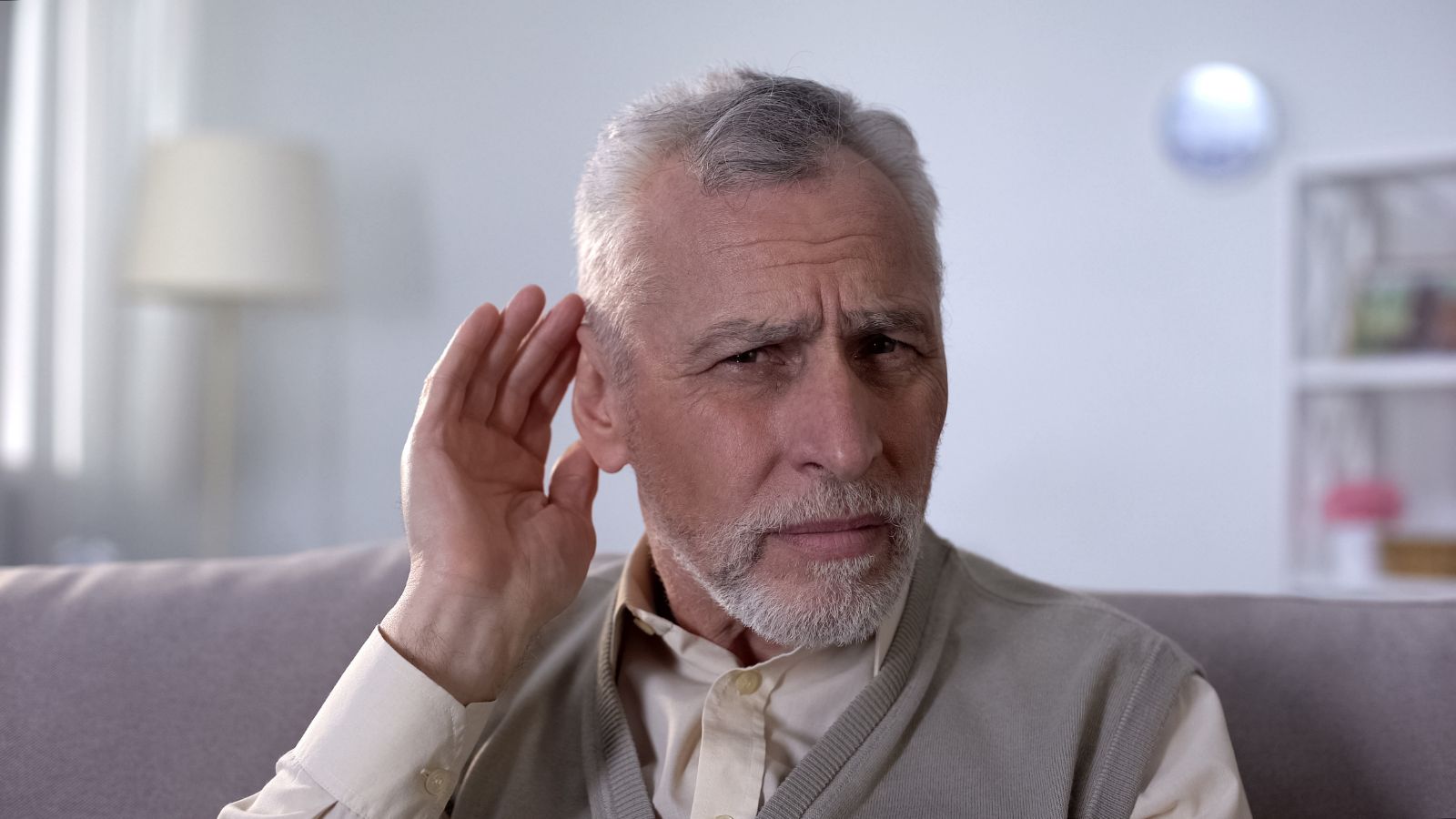Aging can be tough, but it’s also a privilege that some people never experience. As we age, our body’s changing needs and capabilities make certain activities more important and others distinctly ill-advised! This article takes a look at 18 things that we don’t recommend you do (or keep doing) after the age of 60.
Skipping Health Screenings

Age UK asserts that missing routine medical tests as you age can significantly increase your chances of serious illness and death. A doctor can test for early signs of cancer, heart disease, kidney problems, diabetes, stroke, and even dementia. Early diagnoses greatly increase your chances of effective treatment and a longer, healthier life.
Neglecting Mental Health

It’s not just your body that needs extra care as you age—your mind does, too. According to the American Medical Association, “more than 20% of adults over age 60 suffer from a mental or neurological disorder.” Make sure to watch out for signs of anxiety, depression, stress, or rapid cognitive decline, and engage in activities that boost your mental health whenever possible.
Avoiding the Dentist

Dental health can take a backseat as we age, but those chompers have been in use since childhood—so they need extra attention! Mouth Healthy warns that some medications cause dryness and gingivitis and that poor dental health can be an indicator of underlying health issues (like diabetes). Always attend regular checkups and stick to a daily oral hygiene routine.
Staying Sedentary

Step2Health says low-impact, age-appropriate exercise is essential for maintaining physical well-being into old age. A sedentary lifestyle increases your risk of obesity (and associated health problems), cardiovascular diseases, stroke, osteoporosis, and depression. Try activities like walking, swimming, and yoga to reduce the risk of developing such issues.
Unhealthy Dietary Choices

Apparently, ‘you are what you eat,’ and that becomes even more true after age 60. Dietary needs change with age, and our bodies become less tolerant of overly processed, low-nutrient, and high-fat diets. To avoid a whole host of health issues, eat plenty of fresh fruit and vegetables, lean protein, calcium-rich foods, and whole grains, and aim for home-cooked meals.
Resisting Technology

While it’s tempting to stick to what is easy and familiar, resisting technological advancements like smartphones and social media can lead to social isolation, inconvenience, and extra costs. BioMed states that using technology can help older people stay independent, connected to services, mentally stimulated, and in touch with their loved ones.
Ignoring Hearing Loss

Healthy Hearing warns that ignoring hearing loss and considering it to be a minor issue is a mistake. Auditory deprivation is linked to reduced brain health, and untreated hearing loss can lead to cognitive decline, as well as social isolation and depression. Seeking treatment as soon as deafness is noticeable and using aids when needed will greatly improve your quality of life.
Forgoing Sun Protection

Remember—the risk of skin cancer doesn’t decrease with age. Neglecting to protect your skin from the sun can lead to serious, life-threatening skin conditions. Make sure you apply sunscreen, wear protective clothing, and avoid peak sun hours to protect this delicate outer layer!
Driving When It’s No Longer Safe

No one likes losing their mobile independence, but don’t let pride, habit, or convenience stop you from correctly evaluating your driving skills. The NIH claims that slower reflexes and declining vision/hearing can make older drivers less safe, so watch out for red flags like frequent ‘close calls’ or fender benders and stop driving if you feel incapable.
Overindulging in Alcohol

Retirement is a time to relax, unwind, and enjoy some leisure time, but moderation is vital to health when it comes to alcohol consumption. Excessive drinking exacerbates existing health conditions, interacts unpredictably with medication, and impairs cognitive and motor functions.
Limiting alcohol intake helps improve brain and liver health and can prevent falls and accidents.
Maintaining Toxic Relationships

The NYC Elder Abuse Center warns that unhealthy, one-sided, or abusive relationships are common among older people, who may be more isolated or desperate for social interaction. Cut ties with anyone who drains your mental energy or brings negativity to your life, and seek external help if your partner, friends, or family members aren’t treating you well.
Avoiding New Experiences

Is it true that you can’t teach an old dog new tricks? No! Just because learning becomes more challenging and our brains become less ‘open’ to new concepts doesn’t mean that we can’t enjoy travel, classes, or new activities as we age. Stepping outside your comfort zone provides mental stimulation, personal growth, and fulfillment—as well as a chance to make new friends.
Poor Sleep Hygiene

Although adults need less sleep than those who are younger, quality sleep is essential for physical health and mental well-being. HelpGuide.org says poor sleep habits (like drinking before bed and falling asleep in front of the TV) can exacerbate problems like insomnia, exhaustion, and depression—so create a restful environment and get some decent zzz’s!
Hoarding

As our lives progress, the number of mementos and objects we own naturally increases—but be mindful not to hold on to unnecessary clutter. Homecare warns that hoarding can quickly get out of hand, making homes stressful, overwhelming, and impractical places that are difficult to clean. If the task seems daunting, ask for help to downsize and ‘clear out’ the junk.
Ignoring Estate Planning

No one wants to think about their own eventual demise, but failing to plan for the future can leave your loved ones in a difficult position when you pass away. Estate planning, including wills, healthcare directives, funeral arrangements, and financial planning, ensures your wishes are respected and your family is protected.
Avoiding the Community

Isolation and loneliness are serious concerns for older people who have left the workforce, especially those who live alone. Don’t exclude yourself from community events and activities, and try to participate in groups, meetings, or volunteer work if you can. Staying connected to those around you boosts mental health and helps fight depression and feelings of irrelevance.
Disregarding Balance Training

Falls are a leading cause of injury among older adults, but you can significantly reduce the risk of losing your balance by engaging in daily training. John Hopkins Medicine recommends several different easy mobility exercises that help improve stability and muscle tone, reducing the risk of falls.
Forgetting to Hydrate

Water is essential at any stage of life, but even more so as our bodies naturally decline into old age. Most adults don’t consume enough water, but adequate hydration can prevent several health problems, from UTIs and low blood pressure to headaches and muscle cramps. So, make sure you get plenty of unsweetened liquids every day.
